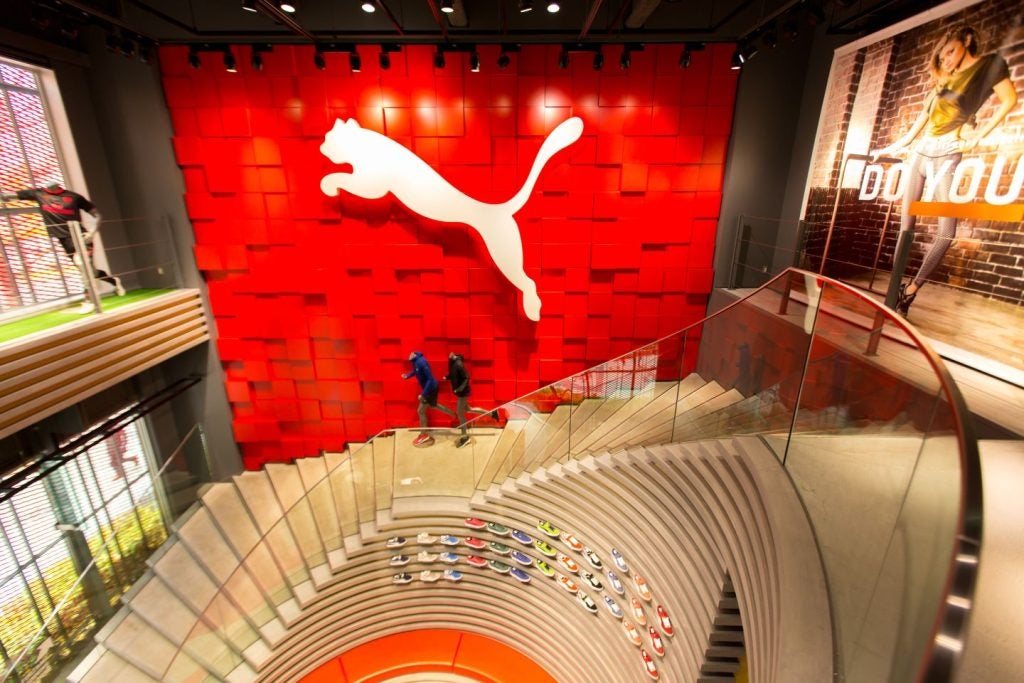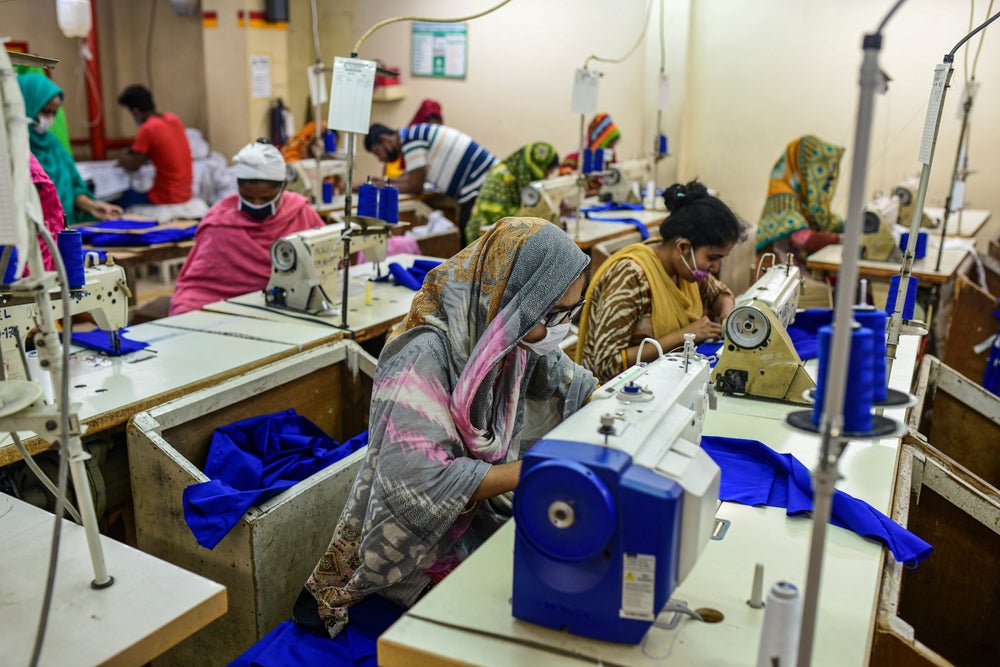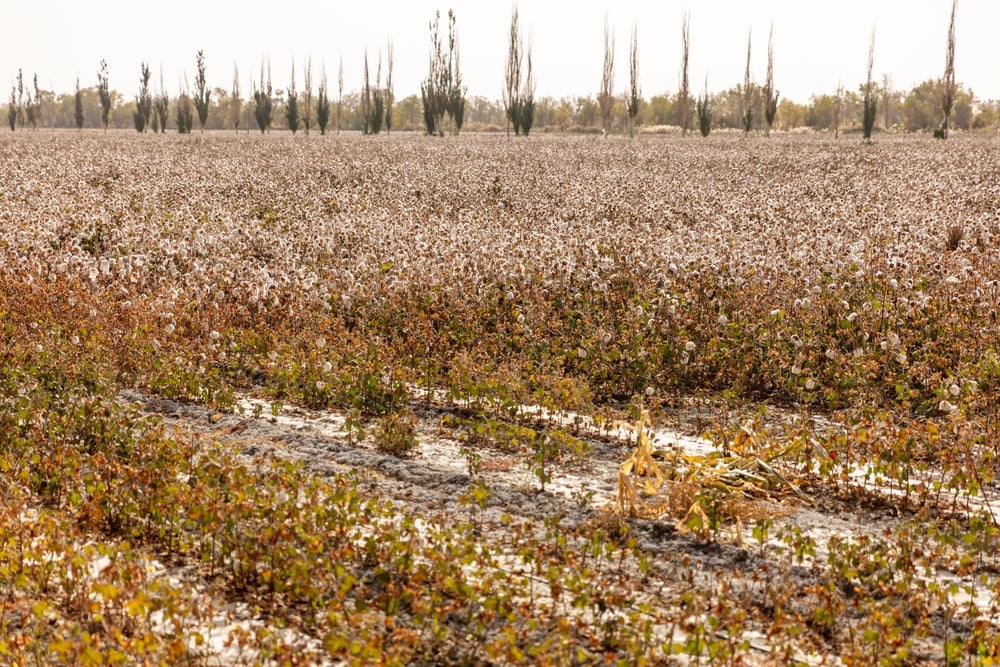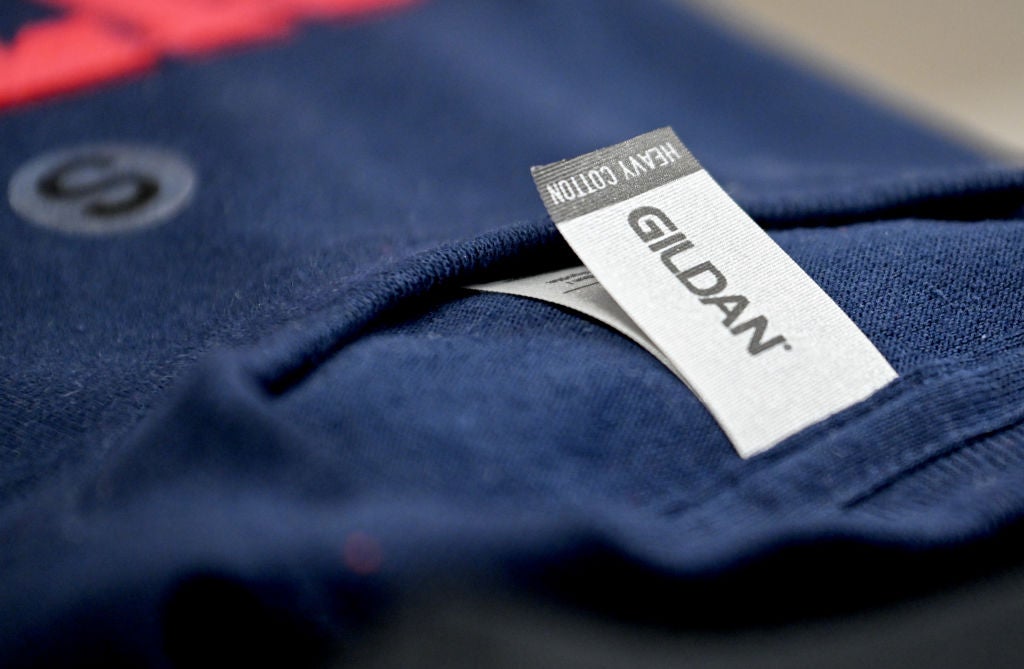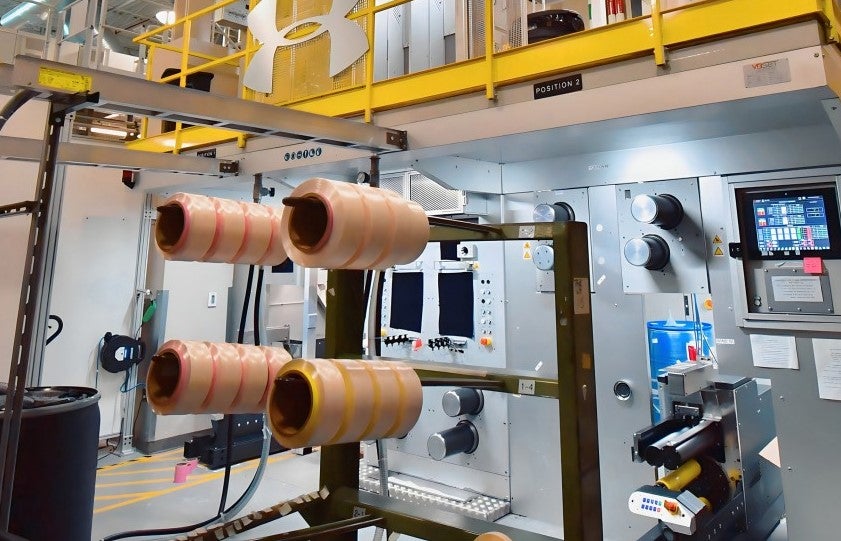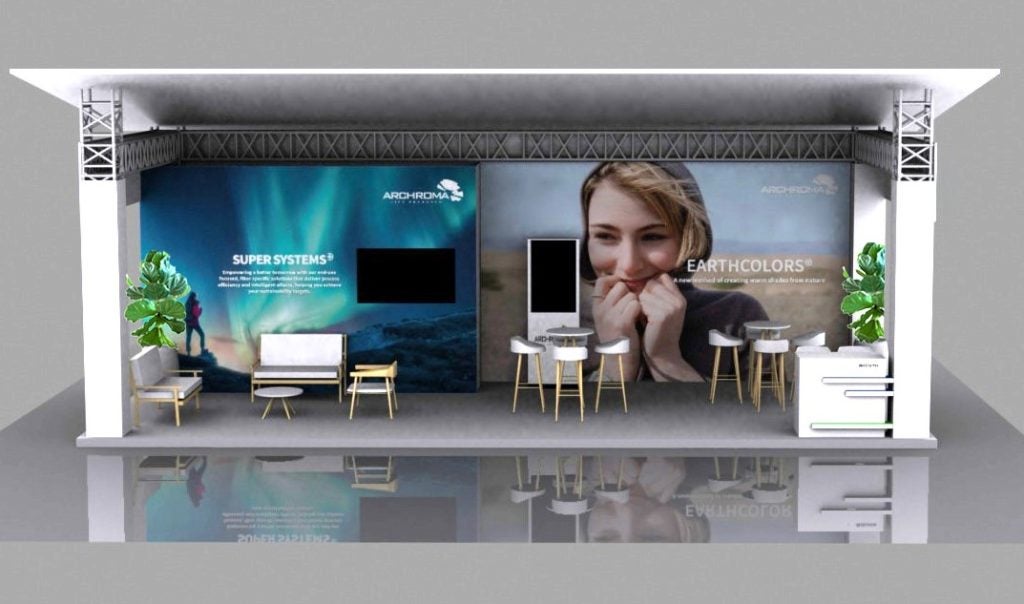Puma reported full-year (FY23) currency-adjusted sales growth of at around 6.6% and 1.6% on a reported basis to €8.6bn ($9.36bn).
Earnings before interest and tax were approximately €622m versus an outlook of €590-670m for the year.
With net income, Puma had previously said it expected it to change in line with EBIT. Puma’s preliminary results announcement shows a net income of approximately €305m for the year.
“Our underlying operating performance was strong in 2023 and showed that we were on track to meet all expectations. The accounting treatment of the hyperinflationary economy Argentina and its significant devaluation of the Argentine peso mid of December resulted in an extraordinary impact on fourth quarter and financial year results for 2023.
"Due to the magnitude and timing of this currency effect, we could not fully compensate the entire impact at the year-end. With a strong fourth quarter operating result we achieved a full-year EBIT absolutely in line with expectations as well as a significant improvement in the free cash flow. This great achievement is thanks to the outstanding job of our entire Puma family.” said Arne Freundt, CEO of Puma.
Understanding Argentine Peso's impact on Puma's FY23 sales
Puma has been established in Argentina for almost 44 years. It has central offices in the outskirts of Buenos Aires and a footwear factory that employs 850 people in the province of La Rioja.
The brand also has sponsorship actions and partnerships with some of the country's athletes and has collaborations in the world of music, art and culture, such as its active participation in the Lollapalooza festival.
However, GlobalData apparel analyst Louise Deglise-Favre points out: "While Puma places a lot of emphasis on the impact of the Argentine Peso devaluation for its slowdown, it is safe to assume that other factors are at play, such as the general slowdown of the sportswear market after years of exceptional growth. Sportswear players are now experiencing the belated impact of sustained high inflation on consumers’ budgets, which had spared them so far."
Fourth quarter results overview
- EBIT was €94m (Q4 2022: €41m)
- On a currency-adjusted basis, sales declined by around 4.0% (reported sales declined by around 9.8%) to approx. €1.98bn (Q4 2022: €2.19bn).
- Net income of approx €0.8m versus €1.4m.
Puma's 2024 outlook
Puma says it expects sales to grow in the mid-single digits during 2024.
EBIT is expected to be in the range of €620m to € 700m (2023: approx. €622m).
The outlook assumes that corresponding price increases in Argentina will fully compensate the future devaluation of the Argentine peso.
Freundt says: “For 2024, we foresee the geopolitical and macroeconomic challenges as well as highly volatile currencies to persist. This continues to weigh on consumer sentiment and demand, especially in the first half of 2024. While we cannot change these external factors, we continue to stay 100% focused on elevating the brand and bringing exciting product newness to the market."
Freundt adds: "We are in a better position at the start of 2024 than we were at the start of 2023: we have cleared our inventories, we have a product pipeline with exciting product newness and innovations and we will launch our new brand campaign soon.
“We continue to stay hungry and have the ambition to continue to grab market shares.”
Deglise-Favre comments: "After an impressive two and half years of growth, Puma’s sales first dipped in Q3 FY2023 and further slipped in Q4 to a decline of 4% on a constant currency basis.
"Puma’s full-year currency-adjusted sales growth of 6.6% is broadly in line with their previous expectations of high single-digit growth, albeit a little disappointing."


